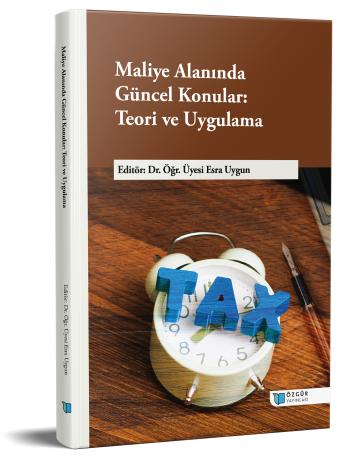
Government-Private Consumption Nexus in OECD Countries: Complementary or Substitution?
Chapter from the book:
Uygun,
E.
(ed.)
2025.
Current Issues in Finance: Theory and Practice.
Synopsis
One of the main factors determining the effectiveness of fiscal policy is the interaction between government expenditures and private consumption. In particular, counter-cyclical fiscal policies aim to stimulate aggregate demand through government expenditures during periods of economic recessions. In this context, an exogenous increase in government expenditure, which generates a greater economic impact through the price and/or real income channel, is referred to in the literature as the multiplier mechanism. However, the magnitude of this multiplier effect is directly correlated to the response of private consumption to government expenditure. Consequently, a central debate in evaluating the effectiveness of fiscal policy revolves around whether government expenditures acts as a substitute for or a complement to private consumption. The primary aim of this study is to empirically examine the impact of government expenditure—considered one of the determinants of private consumption—on the effectiveness of fiscal policies. To this end, novel panel data analysis techniques are employed, using data from 38 OECD member countries between 2000 and 2023. The findings obtained from the CS-ARDL and AMG estimators indicate that both government final consumption expenditures and GDP have a positive and statistically significant effect on private consumption expenditures. These results suggest that government final consumption expenditures exhibit a complementary relationship with private consumption.

